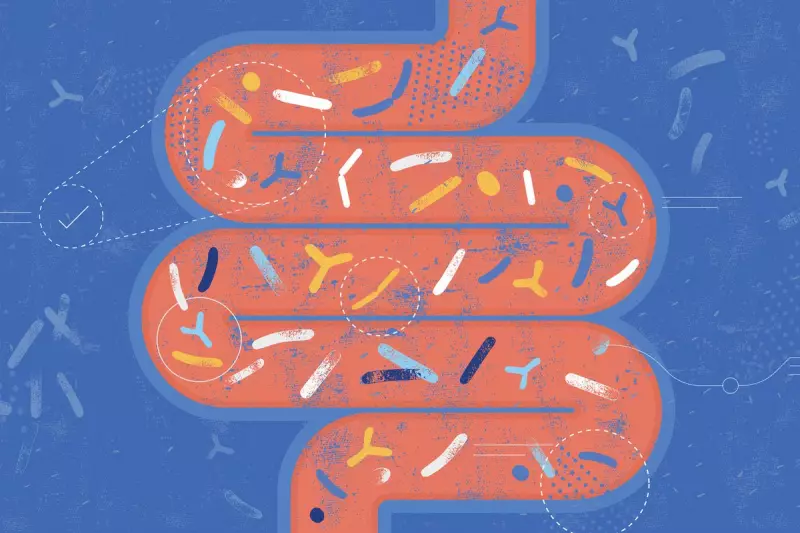
In a startling revelation that could reshape our understanding of environmental health risks, British scientists have uncovered disturbing evidence about microplastics accumulating in human digestive systems. The research, spearheaded by the University of Exeter, suggests these tiny plastic particles may be far more dangerous than previously thought.
The Hidden Invasion in Our Bodies
Microplastics—those minuscule plastic fragments smaller than 5mm—have been found throughout human gastrointestinal tracts. These particles originate from various sources including food packaging, synthetic clothing, and even beauty products, making their way into our bodies through consumption and inhalation.
How Microplastics Threaten Your Gut Health
The study identifies several alarming mechanisms through which microplastics may compromise our health:
- Chronic Inflammation: Persistent presence of foreign particles triggers ongoing immune responses
- Cellular Damage: Microplastics can cause oxidative stress and DNA damage
- Gut Barrier Disruption: Compromising the intestinal lining's protective function
- Microbiome Imbalance: Altering the delicate ecosystem of beneficial gut bacteria
The Cancer Connection: What Researchers Found
Perhaps most concerning is the potential link to cancer development. The research indicates that prolonged exposure to microplastics in the gut may create conditions favourable to tumour growth. The particles appear to interfere with normal cellular processes, potentially initiating carcinogenic pathways.
Vulnerable Populations at Higher Risk
While everyone is exposed to some degree, certain groups may face elevated risks. Individuals with pre-existing digestive conditions, compromised immune systems, or those consuming diets high in processed and packaged foods could be particularly susceptible to microplastic-related health issues.
What This Means for UK Public Health
This research represents a significant step forward in understanding the real-world impacts of plastic pollution on human health. As microplastic contamination becomes increasingly pervasive in our environment, the findings underscore the urgent need for:
- Enhanced regulatory measures on plastic production and disposal
- Improved waste management infrastructure
- Public awareness campaigns about plastic reduction
- Further research into long-term health effects
The University of Exeter team continues to investigate this emerging health threat, with future studies planned to examine specific types of microplastics and their individual health impacts. As the scientific community grapples with these findings, one thing becomes clear: the plastic problem is no longer just environmental—it's becoming deeply personal.





